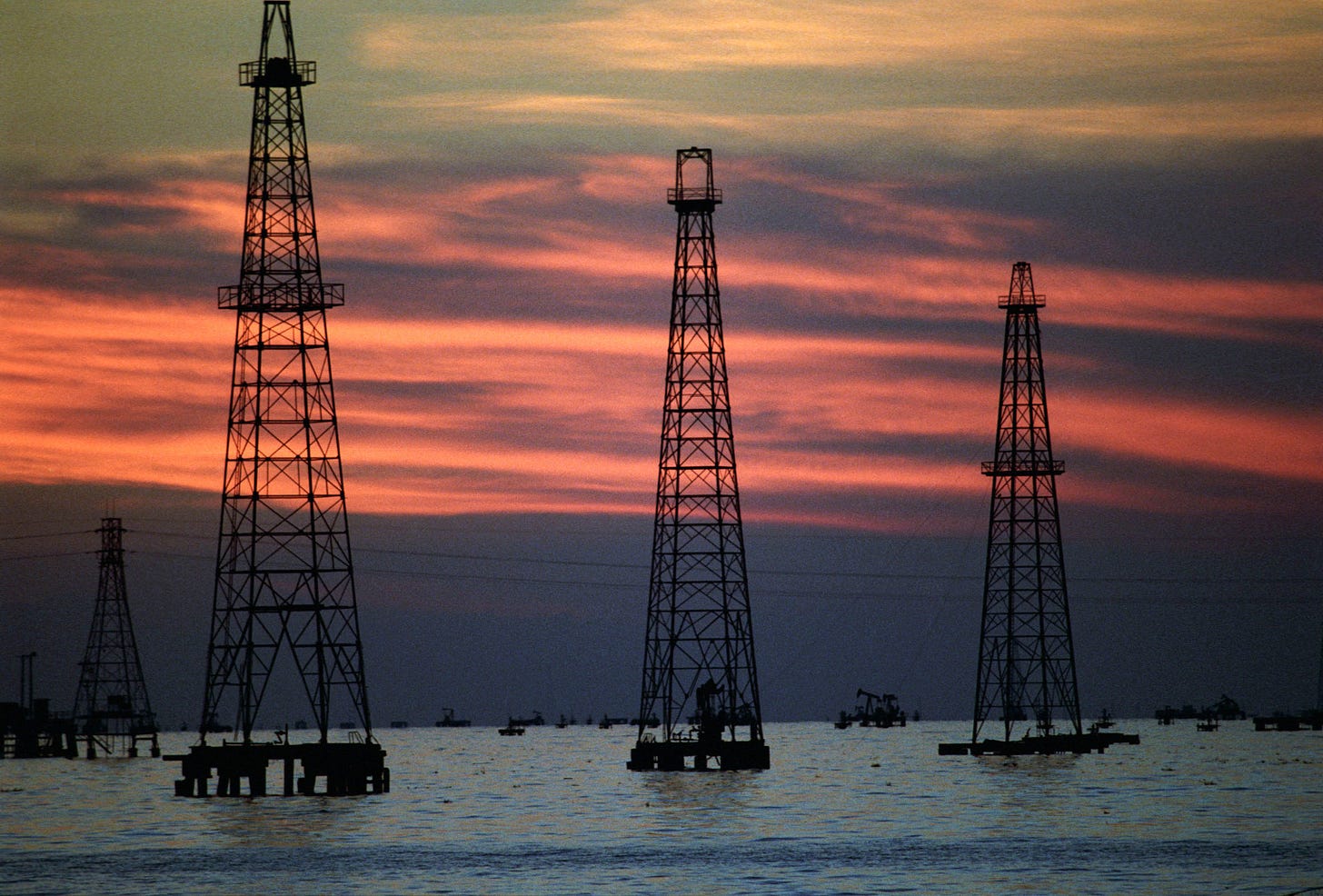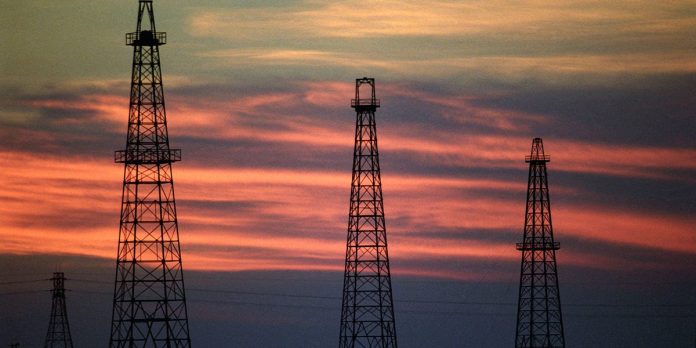
OVER THE PAST FEW MONTHS, the United States has embarked on a controversial maritime campaign in the Caribbean Sea and Eastern Pacific targeting small Venezuelan and Colombian vessels alleged to be engaged in drug smuggling. Under an asserted “narcoterrorist” deterrence operation, the United States has thus far carried out nineteen lethal strikes on small boats in international waters, killing at least seventy-six people, all undertaken without the transparency, oversight, or legal foundation that normally governs the use of American force.
The Trump administration insists these are long-needed and decisive counternarcotics operations. But U.N. human-rights experts warn that the strikes may “amount[] to extrajudicial executions,” and allies with territory and citizens in the Caribbean are raising alarms about legal exposure, civilian risk, and regional instability. With the USS Gerald R. Ford carrier strike group near to arriving on station and President Trump threatening “hundreds more” strikes, the mission looks less like enhanced interdiction and far more like the early shaping operations for regime-change in Venezuela.
Some Americans might be prone to normalize this drift—casually framing Venezuela as a “small Latin American country” the United States can coerce or remake at will. But before doing that, it might be worthwhile to review the kinds of things most military analysts will assess before planning this type of operation, especially since the U.S. military has undertaken a few “regime change” missions in the last few years.
To begin with, Venezuela is not small, not simple, and not susceptible to quick, low-cost military outcomes. In geographic and demographic terms alone, Venezuela is enormous. It covers roughly 882,000 square kilometers, making it substantially larger than Ukraine (579,000 sq km) or Texas (696,000 sq km). Its population—estimated to be above 31 million people—is roughly equivalent to current wartime Ukraine and modern Texas. It is a country of sprawling mountains, dense cities, jungles, and industrial corridors where military infrastructure sits interlaced with civilian life. Caracas, Maracaibo, Valencia, and other urban centers are not “surgical strike zones”—they are vast megacities where any attempt to dismantle regime capabilities from the air risks substantial civilian casualties and cascading regional effects.
A few commentators on cable news shows—eager to portray potential U.S. military action as simple and manageable—have taken to comparing a possible operation in Venezuela to Operation Just Cause, the 1989 U.S. invasion of Panama to seize Gen. Manuel Noriega. The analogy is dangerously misleading. That’s because Panama, in 1989, had a population of about 2.5 million spread over an area (75,000 sq km) smaller than the state of South Carolina. The entire country of Panama could be enveloped and dominated by a single U.S. corps-level operation, which is what occurred. And drug kingpin Noriega commanded a small, brittle, and corrupt force that collapsed almost immediately. The Panama Canal Zone gave the United States prepositioned forces, infrastructure, bases, and a finely tuned understanding of the terrain. The objectives—seize Noriega, protect the canal, and dismantle the Panamanian Defense Forces—were narrowly defined and achievable.
Venezuela shares none of those characteristics. It is nearly thirty times larger than Panama, with ten times the population, far more complex geography, urban density orders of greater magnitude, and a regime that has spent years preparing for exactly the kind of irregular resistance the United States now risks provoking. There is no doubt that Venezuela President Nicolás Maduro’s government is corrupt, but it also has dispersed command nodes into hardened or concealed locations, embedded military assets within civilian infrastructure, and empowered paramilitary groups capable of shifting into guerrilla warfare. No serious planner could look at a map of Venezuela and believe it resembles Panama in scale, complexity, or political risk.
ONCE ANY LOGICAL PLANNER assesses Venezuela’s true scale, the more apt comparison becomes obvious: A U.S. invasion into Venezuela would mirror the Russian miscalculation in Ukraine.
In February 2022, Russia attempted to topple the Ukrainian government with a rapid “decapitation strike”—a blitz of missiles, air attacks, special-operations raids, and armored thrusts designed to seize Kyiv within days. The Kremlin believed Ukraine would fold and their government could be replaced: regime change. Instead, Ukrainian command centers survived, air defenses adapted, political leadership rallied, and a nation mobilized to resist. Geography, resilience, and sheer determination turned a planned seventy-two-hour operation into a multi-year war that continues and has cost Russia dearly.
Venezuela’s geography and political structure offer the same kind of strategic depth to a defending regime—but on even more favorable terms. Venezuela is larger than Ukraine. It has a more varied terrain for dispersal and concealment. And like Ukraine, which is still fighting for its survival against a foreign invader that was perceived to be one of the strongest and largest armies in the world, Venezuela would be resisting an external assault by the world’s most powerful military—an attack almost guaranteed to produce nationalist backlash, irregular fighting, and regional outrage.
Yet as the United States edges toward conflict, the most striking difference between Venezuela and Ukraine is not geography but alliances. Ukraine has survived because a NATO coalition came to its aid. When Russia invaded, Kyiv fought back—legally, morally, and with the broad support of democracies and the international communities around the world.
Coincidentally, this week brings news that the United States is beginning to lose allies—not over grand strategy, but over the legality and ethics of its own actions in this region.
The United Kingdom announced it has suspended certain intelligence sharing with Washington, concerned that surveillance previously provided for interdictions might now be enabling lethal strikes in the Caribbean that the U.K. deems unlawful. The presence of a Royal Navy officer aboard a U.S. destroyer participating in these missions also raised fears of potential British legal complicity. France, with more than one million citizens in its Caribbean territories, has warned that U.S. operations “disregard international law.” The Netherlands, responsible for Aruba, Curaçao, Bonaire, and other Caribbean islands, is reassessing the legality of cooperation altogether.
These are not peripheral concerns. France, Britain, and the Netherlands are pillars of the surveillance and intelligence system the United States relies on for maritime operations in the region. Their discomfort will significantly constrain American situational awareness. Any of these allies’ withdrawal will slow targeting cycles, increase the risk of error, and complicate any escalation. And once trust in intelligence handling is compromised, allies rarely return to business as usual.
Latin American partners feel even more exposed. Colombia—long the essential partner in counternarcotics intelligence in the region—has announced it is suspending cooperation unless the United States stops its lethal-at-sea campaign. CARICOM, an international organization with fifteen member states and five associated members in the region, has issued warnings that U.S. military actions threaten regional stability. Even governments deeply critical of Maduro recoil at the idea of the United States setting a precedent for unilateral military action in a large South American country. Few sympathize with Maduro, but even fewer want Washington to act as if the Monroe Doctrine grants it unilateral authority to bomb or invade its neighbors.
This erosion of trust matters far beyond Venezuela. If allies begin rewriting the rules—sharing intelligence only for law enforcement but withholding it for U.S. unilateral strikes—the architecture of global intelligence cooperation begins to fracture. Right now, ASEAN partners, Middle Eastern allies, and NATO members are watching closely. Once partners believe the United States is willing to bend or ignore international law, they will hesitate to share sensitive intelligence in other theaters. That creates vulnerabilities that adversaries—China, Russia, Iran—will exploit enthusiastically.
WITH THE ARRIVAL of the Ford Carrier Strike Group in the area, the United States will reach a strategic decision point. One path leads toward a creeping, undeclared war justified by an elastic “narcoterrorist” doctrine—one that risks civilian casualties, regional backlash, a busted alliance system, and a long-term conflict against a country larger than Ukraine and vastly more complex than Panama. The other path requires stepping back from escalation and remaking this mission’s profile with increased diplomacy and a legitimate law-enforcement framework, which requires re-engaging allies through transparency and legal clarity while reaffirming the norms that have long distinguished American leadership from the behavior of revisionist powers.
A campaign that could evolve into bombing a nation thirty times the size of Panama, larger than Ukraine, and home to nearly 30 million people cannot be slipped past either Congress or the American public as an extension of drug policy. It requires congressional oversight and a sober understanding of scale, legality, alliance cohesion, and long-term consequences.
Because Venezuela is not small, and it won’t be simple.
And if we get this wrong, like we have done recently in other expeditions, the costs will not be small and the actions won’t be simple, either.





